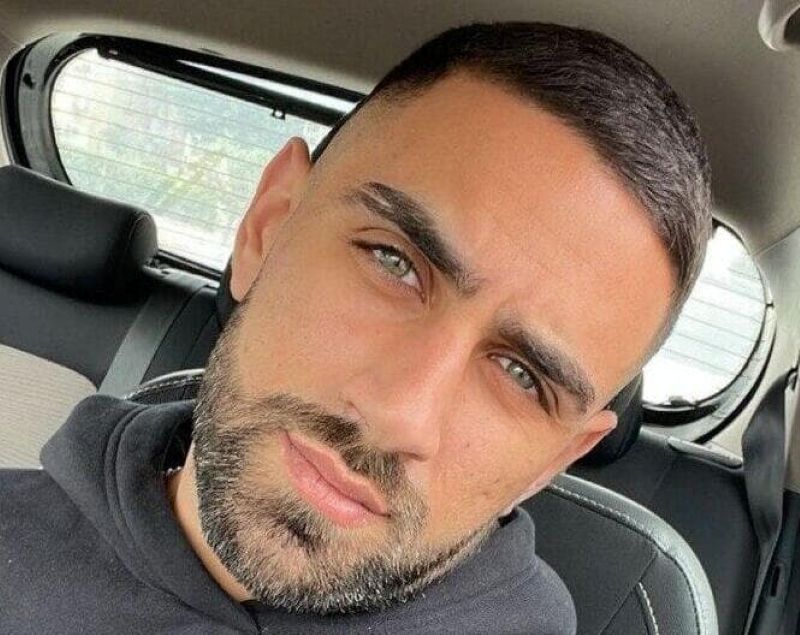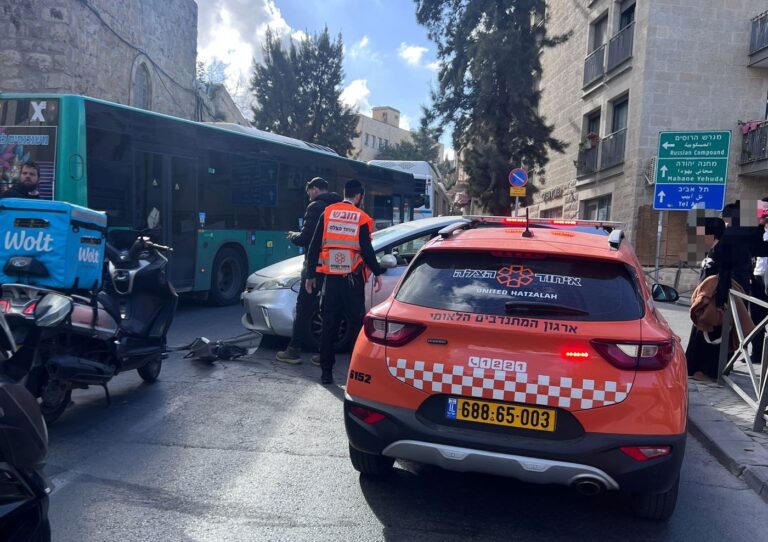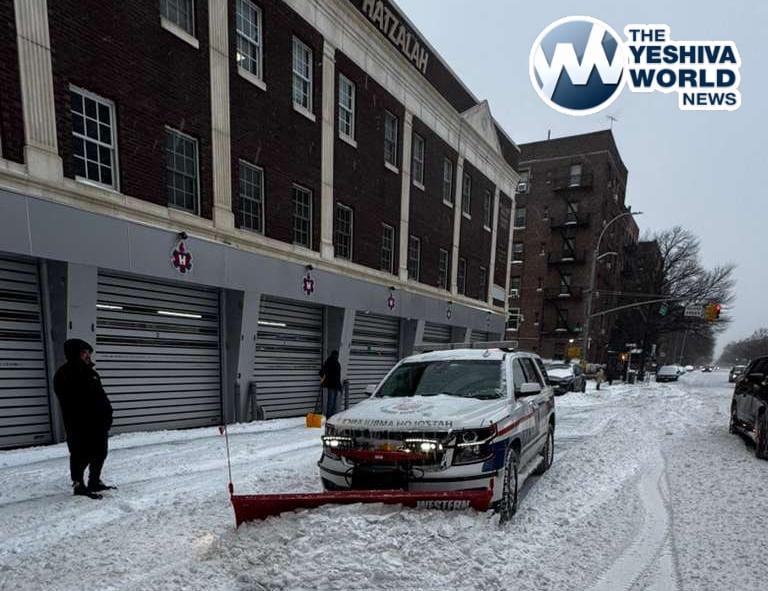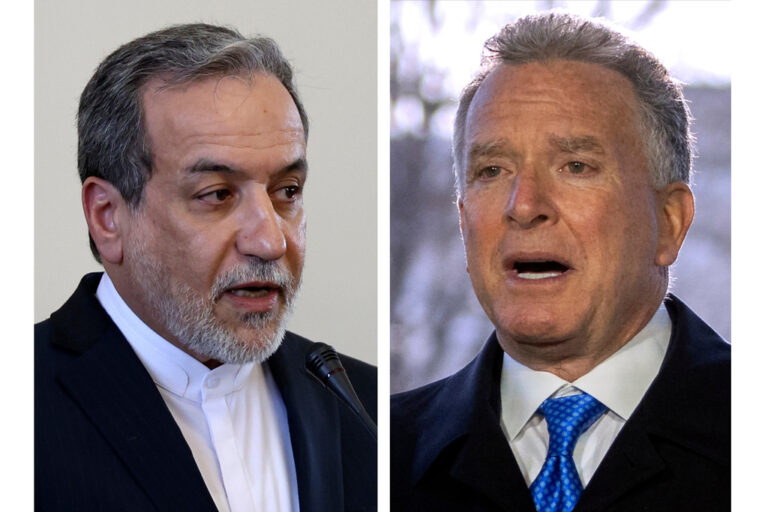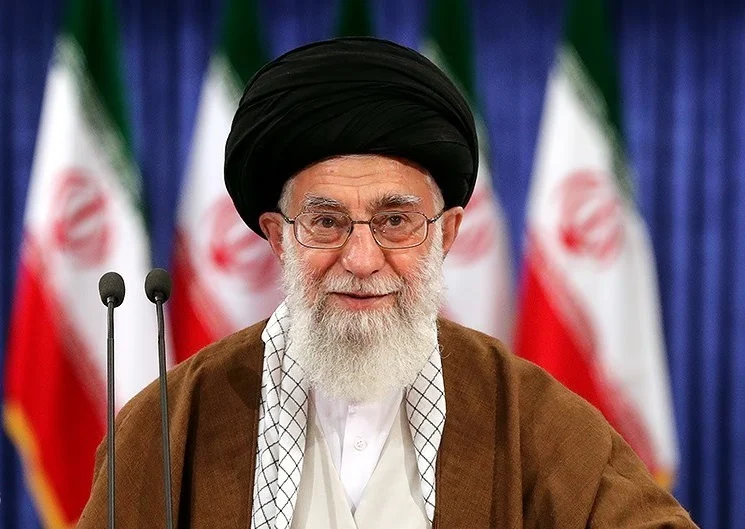Israeli hostage Segev Kalfon, who was abducted by Hamas terrorists from the Nova music festival on October 7, 2023, has described in harrowing detail the 738 days he spent in captivity — a period marked by brutal beatings, forced labor, and life in underground tunnels under constant threat of death.
In his first public interview since being freed earlier this month, Kalfon, 27, told Ynet and Yediot Acharonot – captured as he tried to flee the Nova festival massacre – Kalfon said he was bound, blindfolded, and beaten with rifle butts. “They hit me in the knees, the stomach, the head, from every side,” he recalled. “After a few minutes, you stop feeling the blows — only silence, a minute before life ends.”
He said Hamas fighters assaulted him repeatedly after he refused to change his name, which they mocked because it resembled an Arabic word. “They didn’t believe me and started beating me,” he said. “When they began calling me ‘Steve,’ I stopped correcting them. That’s when I realized I was a prisoner.”
Kalfon said that upon being dragged into Gaza, he was thrown into what he believed was a mosque. “Someone pressed a knife to my neck and asked my name. I said ‘Segev.’ He pressed harder. Every time I said it, I was beaten again.”
Kalfon said he was moved between safe houses as Israeli forces bombarded Gaza before being confined for nearly a year in a tunnel alongside several other hostages — Ohad Ben Ami, Elkana Bohbot, Yosef Chaim Ohana, Maxim Harkin, and Bar Kuperstein. For long stretches, he was kept in isolation.
“We dug a pit for a toilet — for us and for them — because they called us ‘worthless Jews,’” he said. “We dug tunnels. They forced us to work. When you go down into a tunnel, you become a rat. The life you had above ground no longer exists.”
He said the hostages’ treatment worsened whenever their captors saw Israeli officials on television. “Whenever they saw Itamar Ben-Gvir, we knew the light at the end of the tunnel meant beatings were coming,” he said.
Conditions underground, he said, were “unbearable.” Hostages slept on uneven floors and thin mattresses. “I made a pillow from scraps of mattress,” Kalfon said. “The little water we had, I filtered through gauze. A bottle of water was like gold.”
Kalfon said he refused Hamas’s demands to appear in propaganda videos, despite knowing the risks. “I thought about my parents and my family,” he said. “I didn’t want to say I was suffering or starving, even though every day there was danger to your life. Every minute you survived was a miracle.”
He described moments when bombings were so close that he and two other hostages said their final goodbyes. “We said to each other, ‘If something happens, know that I love you, that you’re my brothers.’ After that day they took us down into the tunnel.”
“Death becomes your best friend,” he said. “You talk to death all the time. Nothing is certain. You have no food, no communication, and they do everything to make you suffer.”
Kalfon said that after more than two years underground, survival itself feels miraculous. “Today, nothing is taken for granted,” he said.
(YWN World Headquarters – NYC)

